During the last ten years the world started moving toward sustainable digital transformation which creates an unmatched potential to enhance gender equality. These transitions offer fresh economic prospects together with expanded decision-making opportunities and innovative ways for women to succeed in leadership roles.
The advancement has exposed the persistent gender inequalities which include wage differences and insufficient female representation in leadership positions across public and private domains and the increasing danger of technology-based gender-based violence. The digital and green economy presents new opportunities to women but many continue to face exclusion while harmful online content perpetuates negative gender stereotypes. The complete realisation of global changes requires immediate action to eliminate labor market inequalities through specific advocacy programs and training initiatives that prepare women for digital sector success while creating a sustainable and secure future.
if women are not actively included in this transition, the benefits will be uneven, and inequalities could deepen. Gender inclusion isn’t just a fairness issue, it is an economic necessity.
Lift for Citizen’s Development and Advancement (LICDA) supports this mission through its Digital Economy and Safer Environment Project which works to improve digital literacy and inclusion for women while enabling them to build wealth and economic strength through environmentally responsible practices.
Why Gender Matters in the Transition Period
The transition to digital and green economic systems represents a fundamental social change beyond economic transformation. These transitions transform business operations while creating new leadership models and transforming community relationships and development patterns.
Women who lead small and medium-sized enterprises (SMEs) now have access to new business opportunities through the digital economy which previously did not exist or were out of reach. E-commerce platforms, digital payment systems, and online marketing tools can help women entrepreneurs scale their businesses far beyond their local communities. At the same time, green economy principles encourage sustainable practices that protect our environment and future.
But here is the truth: if women are not actively included in this transition, the benefits will be uneven, and inequalities could deepen. Gender inclusion isn’t just a fairness issue, it is an economic necessity. When women participate fully, businesses grow faster, innovation rises, and communities become more resilient.
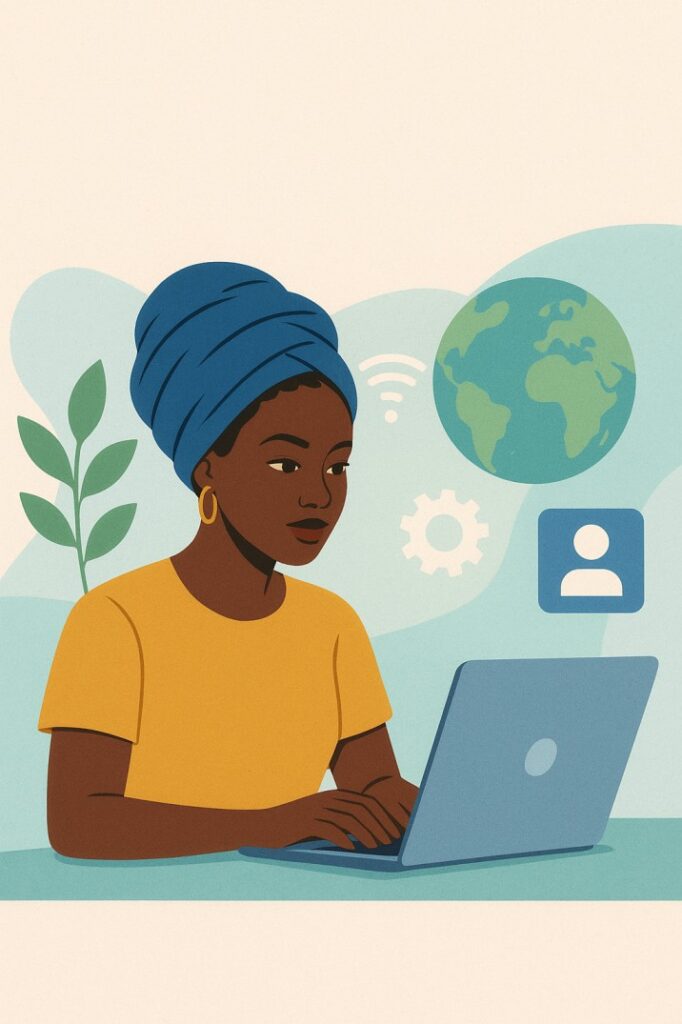
Challenges to Women’s Advancement
Despite the promise of this new era, women continue to face multiple barriers:
- Structural Inequalities: Persistent wage gaps and underrepresentation in leadership mean women often earn less and have less influence in shaping the policies that affect their industries.
- Digital Exclusion: Many grassroots women entrepreneurs still lack access to the internet, digital devices, or the skills to use them effectively.
- Safety Risks: Online spaces have also given rise to technology-facilitated gender-based violence — harassment, cyberstalking, and harmful content that further reinforce harmful stereotypes.
- Knowledge Gaps: A large number of women-led SMEs are unaware of how digital tools can help them adopt environmentally friendly business practices, from reducing waste to lowering carbon footprints.
These challenges are interconnected. Without targeted interventions, they can lock women out of the very opportunities that could transform their lives and communities.
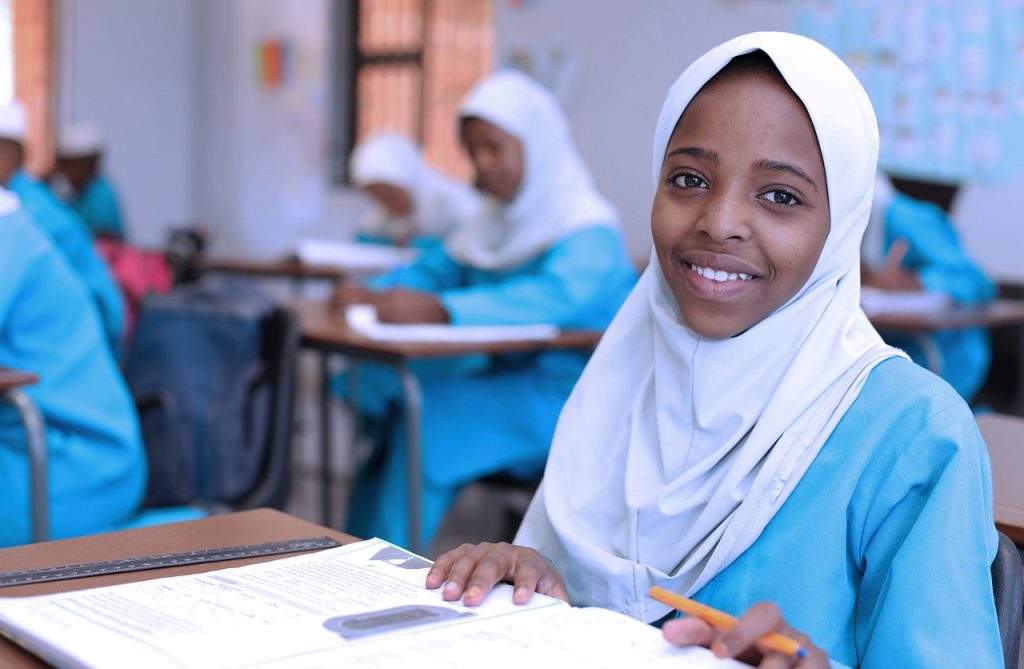
Solutions and the Way Forward
LICDA’s Digital Economy and Safer Environment Project was designed to break down these barriers and create real, lasting change. The project focuses on:
- Enhancing Digital Literacy: Training women in the use of digital tools for marketing, sales, financial management, and collaboration.
- Promoting Green Business Models: Teaching climate-smart business practices that protect the environment while boosting profits.
- Advocacy for Inclusion: Engaging policymakers, the private sector, and community leaders to support gender-inclusive strategies in both the digital and green sectors.
- Upskilling for Emerging Opportunities: Preparing women entrepreneurs to compete for jobs and contracts in high-growth digital industries.
This “green and clean” approach ensures women can grow their income without compromising environmental best practices. It’s about equipping women to succeed today while safeguarding the future for generations to come.
Conclusion
The global shift toward a digital and green economy is one of the defining changes of our time, and women must be at the centre of it. The Digital Economy and Safer Environment Project is LICDA’s commitment to ensuring that no woman is left behind in this transition.
By giving women the skills, tools, and opportunities to lead, we are not just creating better businesses — we are building stronger communities, healthier environments, and a more equitable world.
The future is digital. The future is green. The future must be inclusive. The future is female.
Our Partners

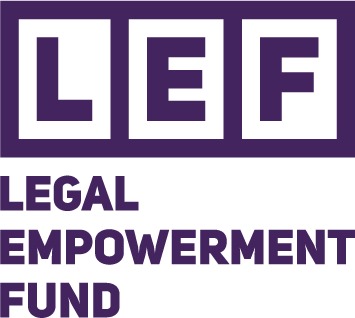


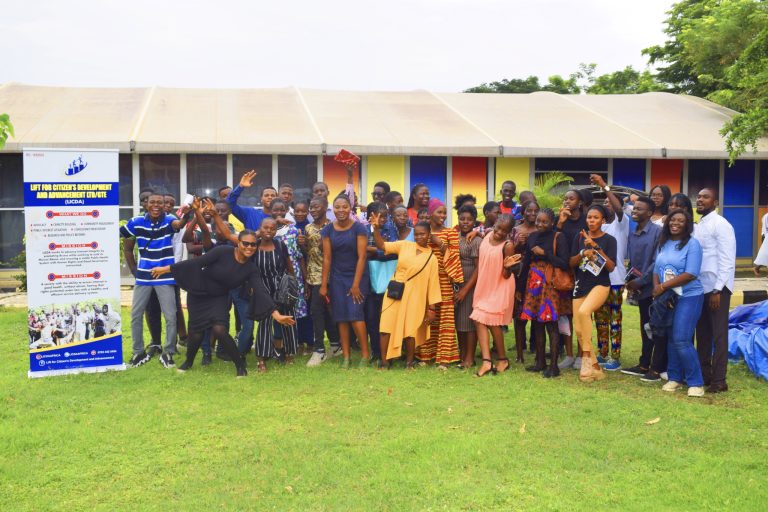

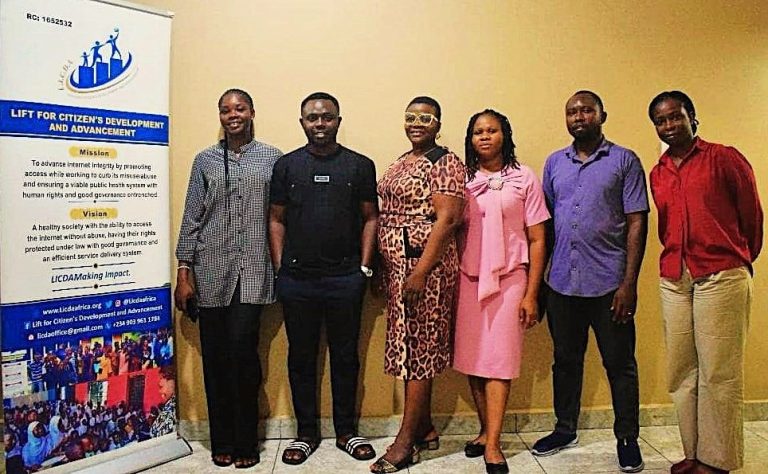
The future must definitely be inclusive!!! Awesome project LICDA!